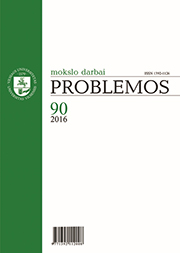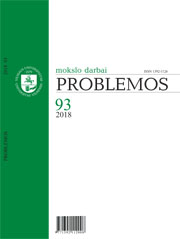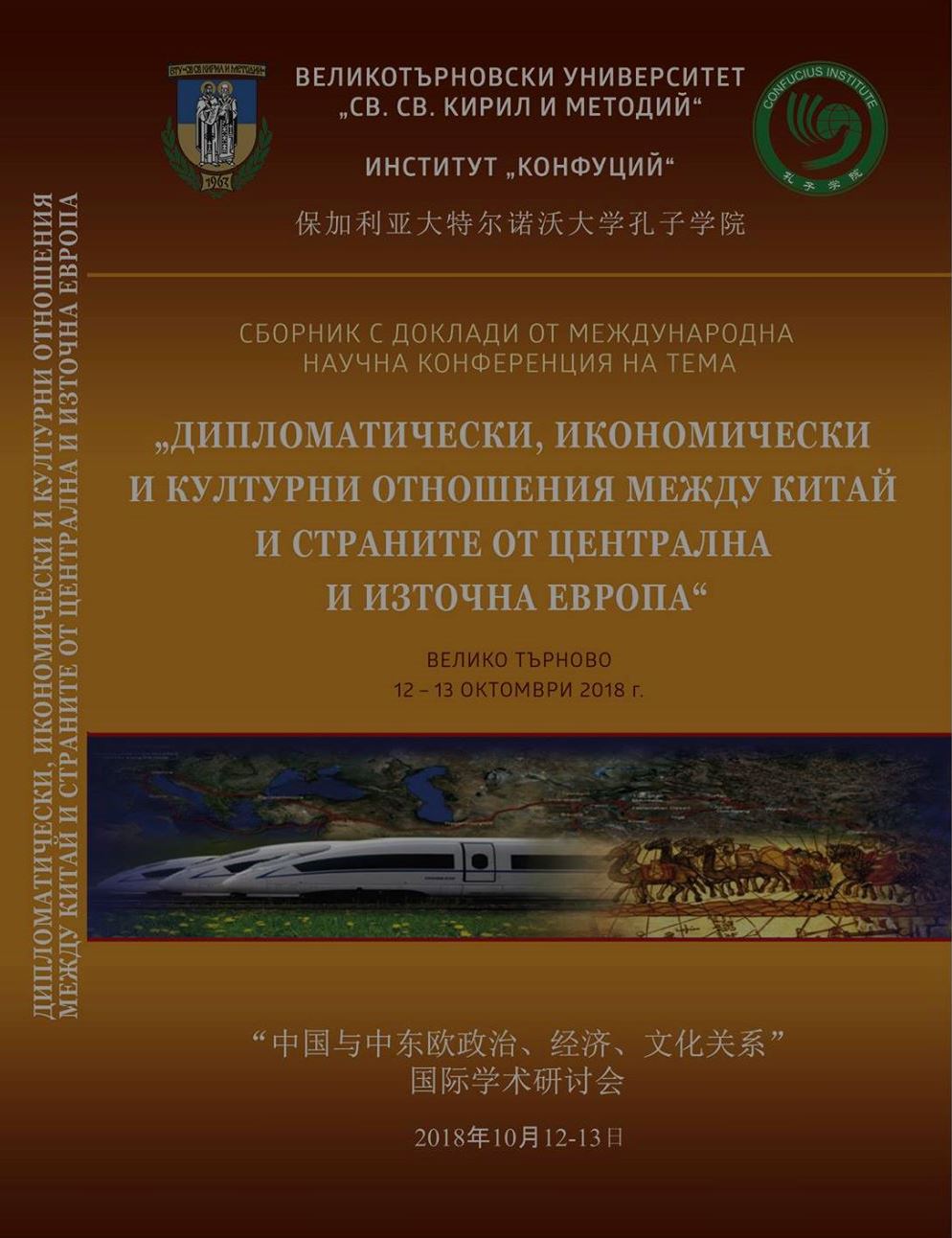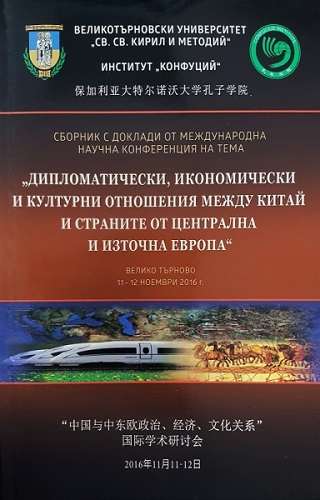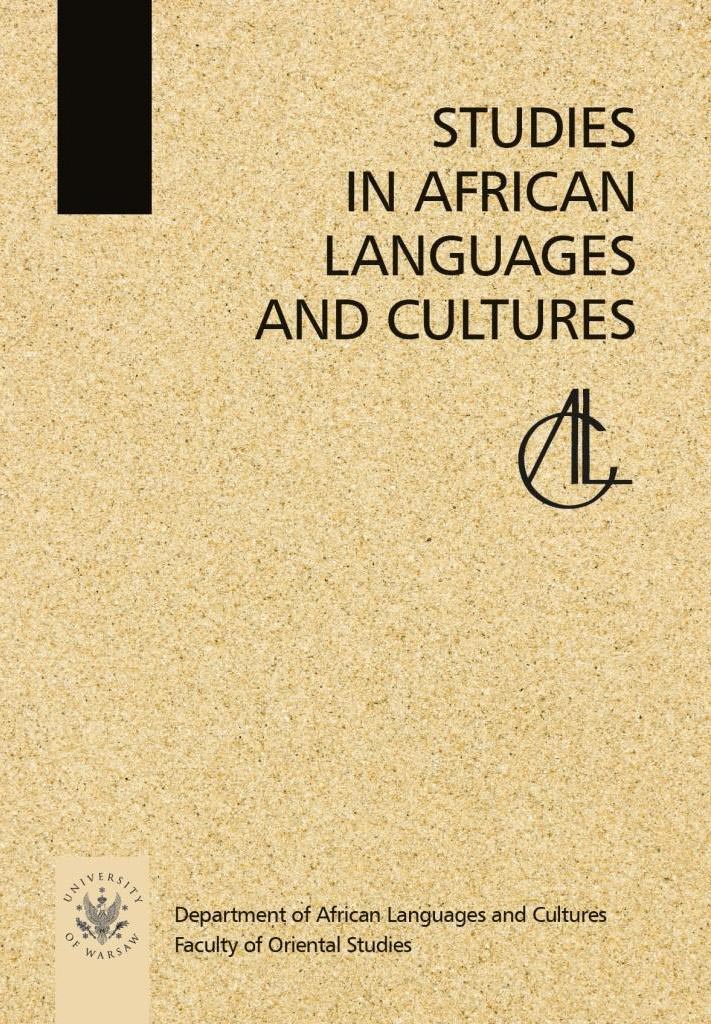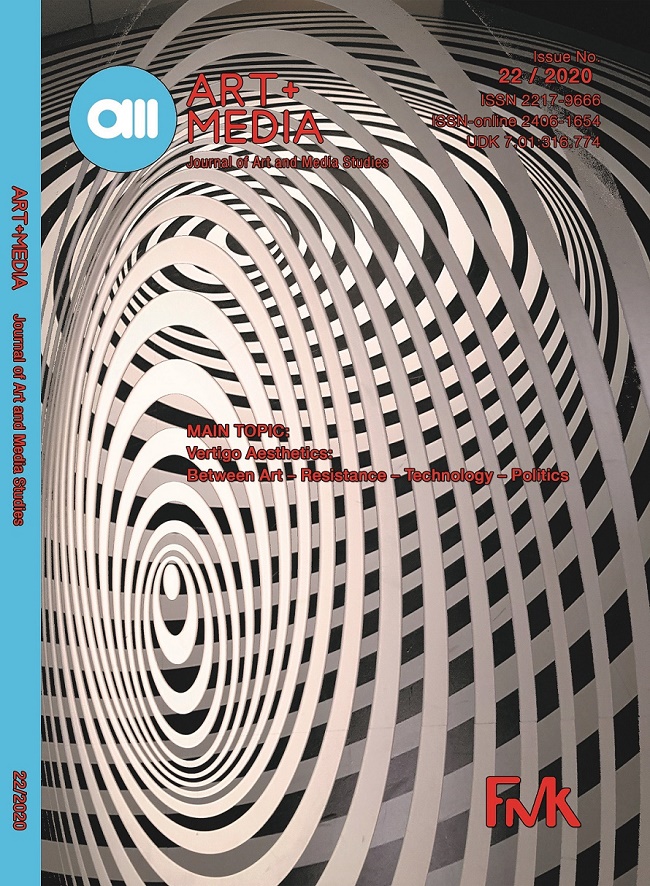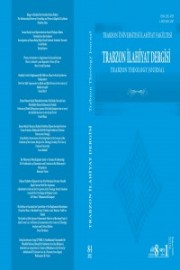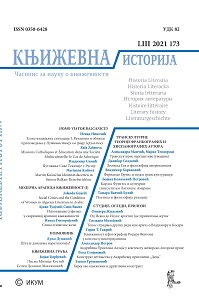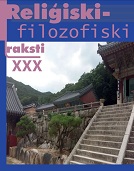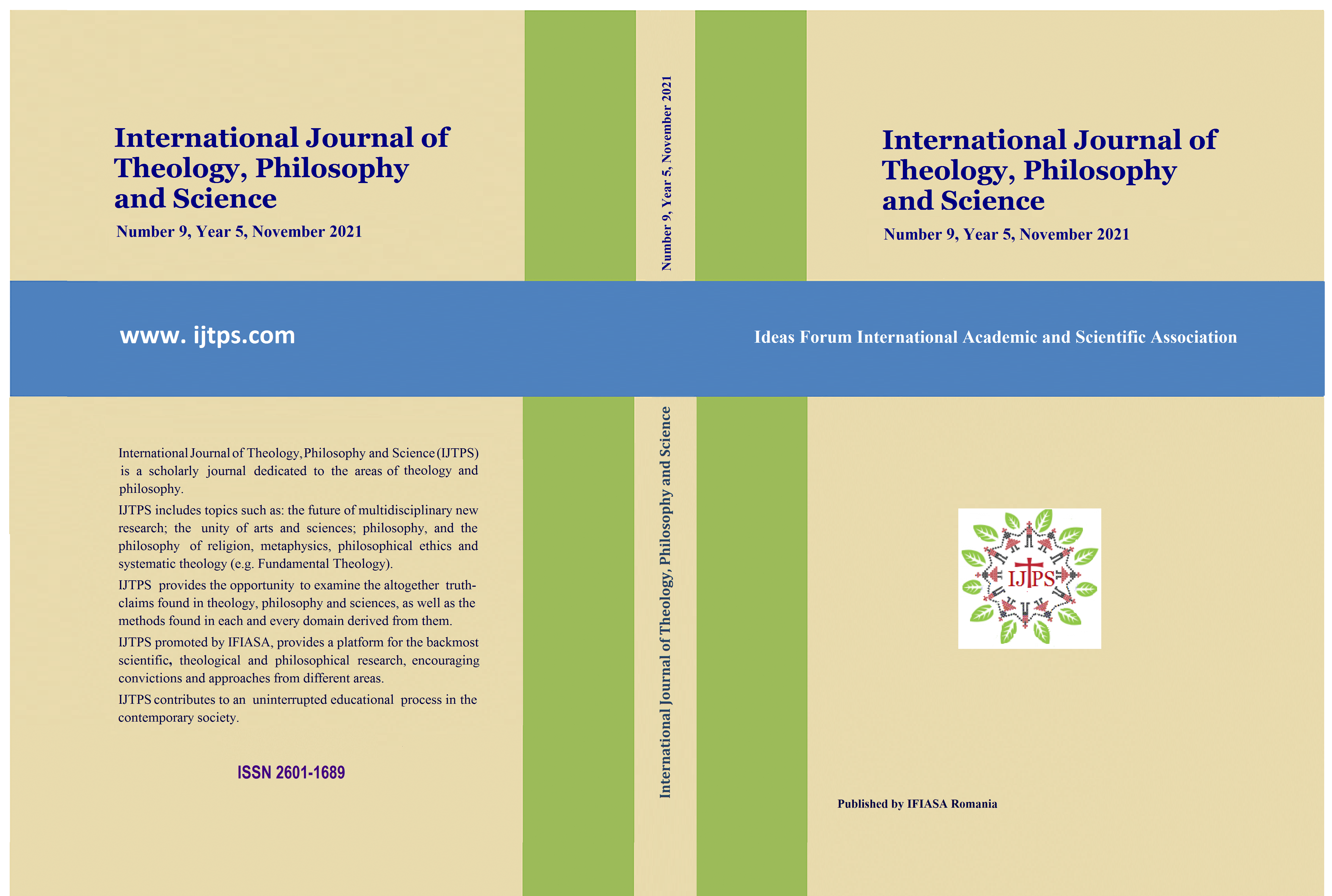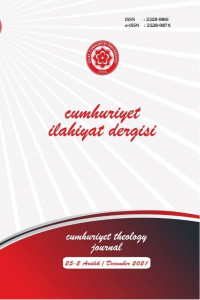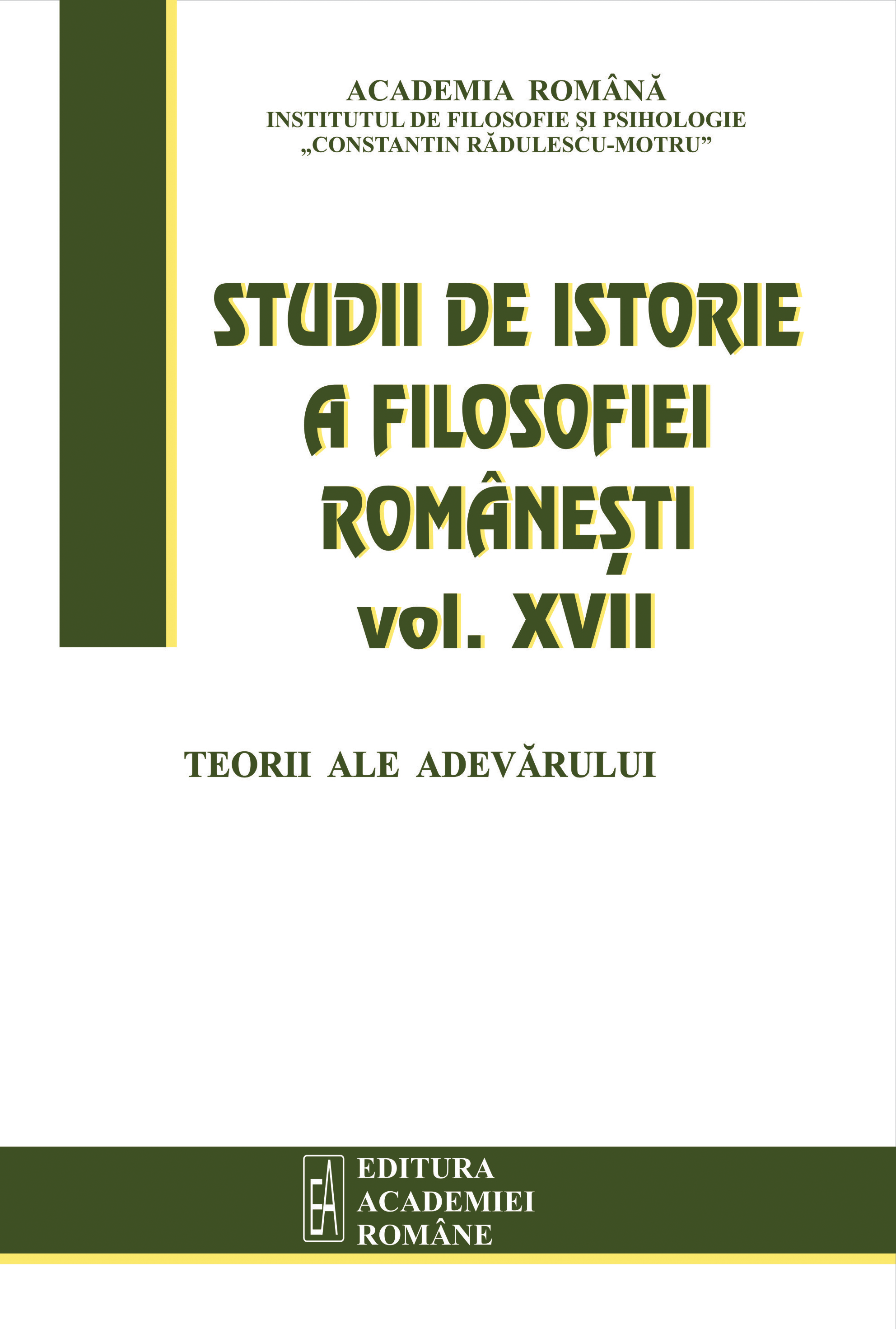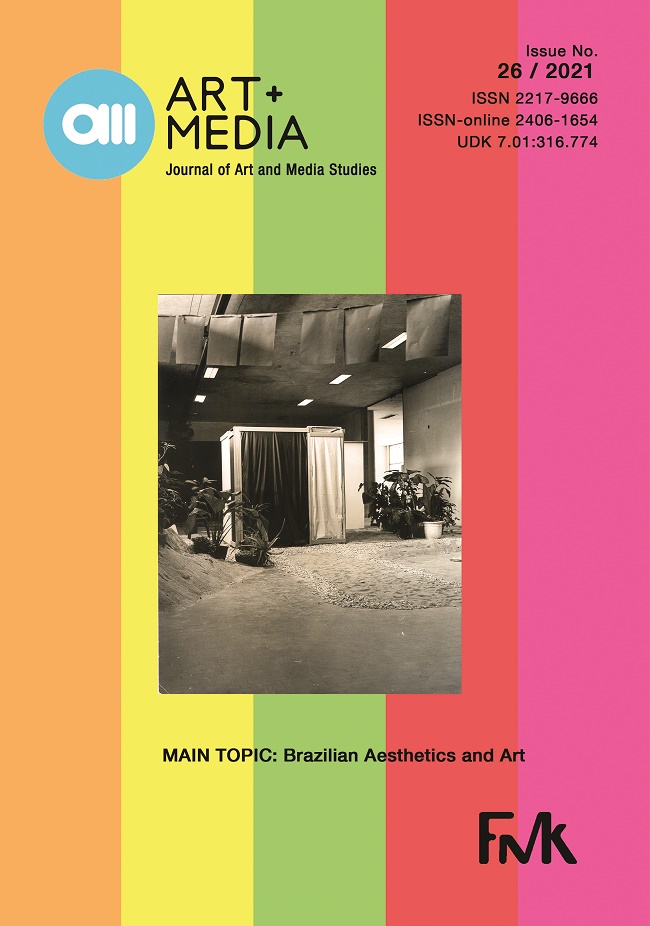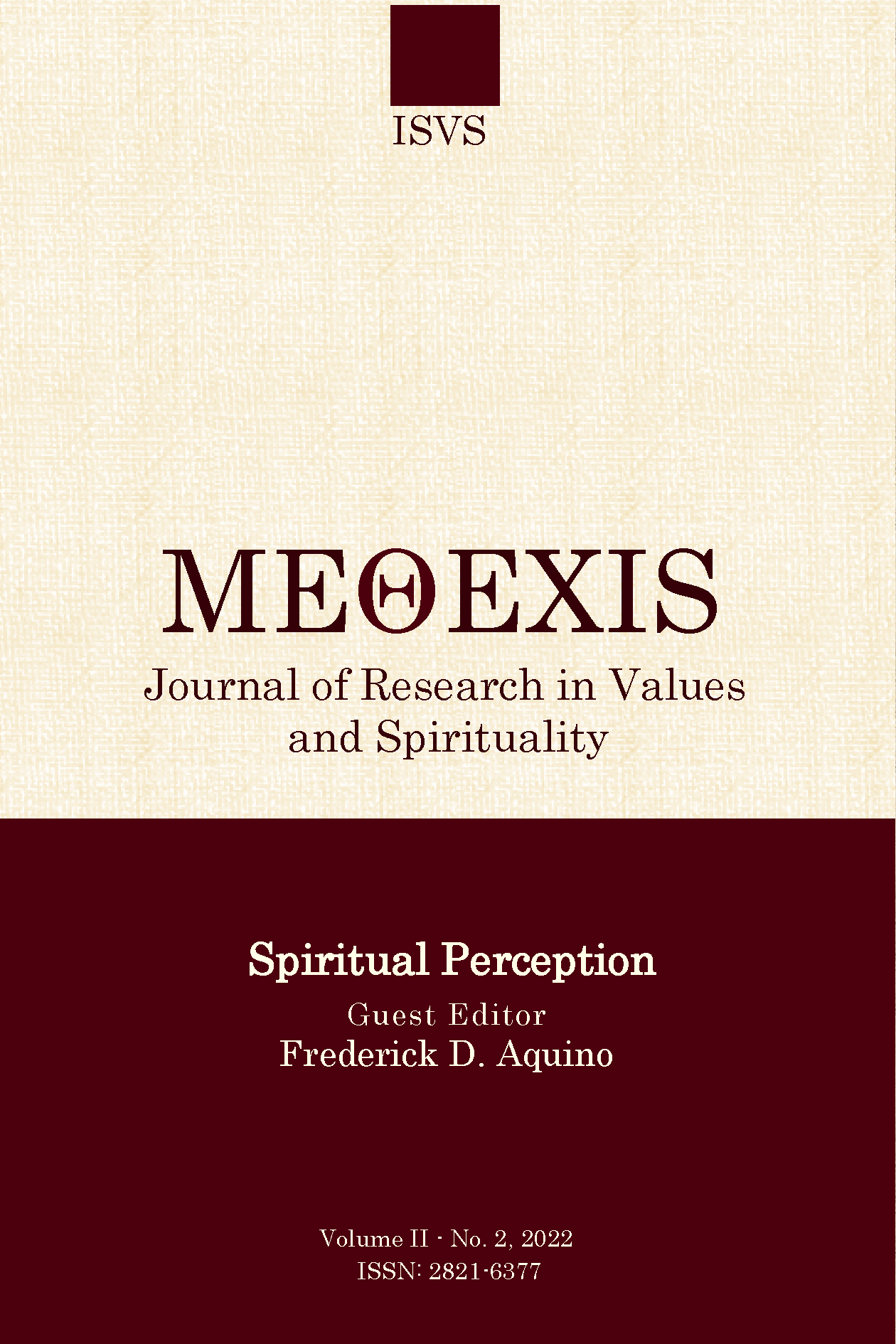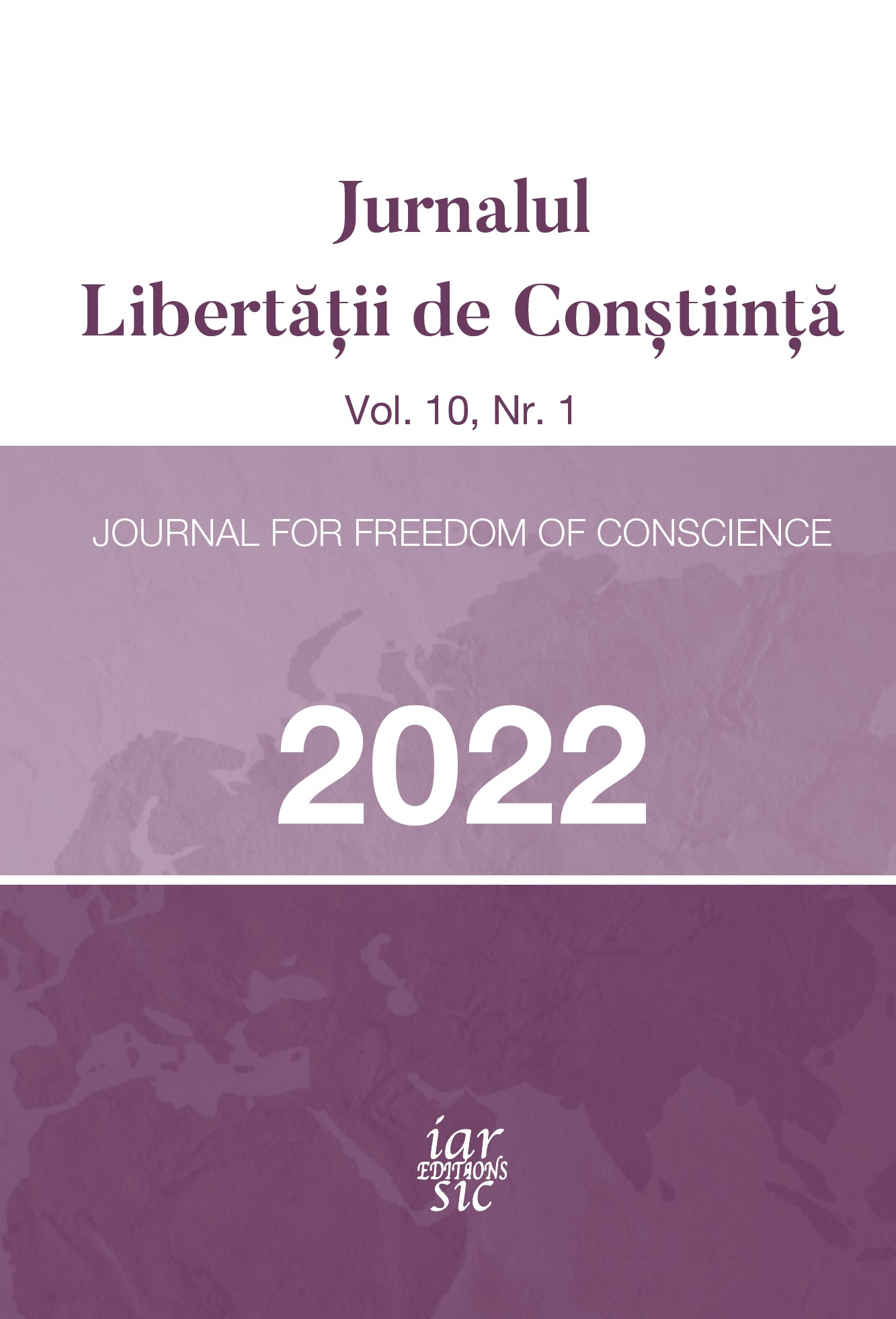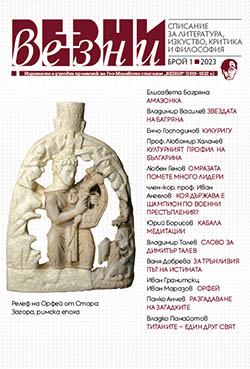Author(s): Tamara Valčić Bulić / Language(s): Serbian
Issue: 173/2021
Édouard Glissant est l’un des plus grands écrivains francophones caribéens de l’époque postcoloniale, originaire de la Martinique. Il a publié plusieurs romans et recueils de poésie, ainsi que quelques pièces de théâtre; il a aussi écrit de nombreux livres d’essais, cinqd’entre eux étant réunis sous le nom commun de Poétique. Bien qu’à l’époque de la lutte la plus acharnée pour la décolonisation, dans les années cinquante et soixante du 20e siècle, il ait subi une forte influence du mouvement de la „négritude“, Glissant se tourne ensuite très rapidement vers une recherche des identités “non-totalitaires” et vers une élaboration de sa propre poétique; celle-ci est fondée sur un processus dynamique, appelé créolisation, processus dans lequel les cultures se rencontrent, se heurtent, se transforment, résistant ainsi aux figements de l’Être, aux essences absolues, au nationalisme, mais également à l’universalisme occidental. Dans le cadre de la Poétique de la Relation, en empruntant l’idée et la notion de l’identité-rhizome à Gilles Deleuze et à Félix Guattari, Glissant définit une suite de notions importantes comme la créolisation, digenèse, transparence et opacité, Chaos-Monde, Tout-Monde, mondialité et autres. Dans cette communication seront exposées et expliquées les principales idées de Glissant concernant le développement actuel et les rapports mutuels des cultures dans la société humaine. Édouard Glissant (1928-2011) est mort il y a dix ans, laissant une œuvre immense et une pensée révolutionnaire. Poète, philosophe, romancier, dramaturge, activiste, ethnologue, pédagogue, il s’est investi dans tous les langages avec l’ambition de transformer les imaginaires. Né en Martinique, il a développé une philosophie du Tout-Monde en rupture avec les universalismes européens, leur opposant une histoire multiple et une géographie de la relation. Les notions de Glissant sont profuses : la créolisation, l’identité nomade, l’archipélisation, le droit à l’opacité, l’errance et le tremblement… elles essaiment dans la politique, le droit, l’art, l’anthropologie, l’écologie. Pour autant, cette pensée reste-t-elle une utopie que la réalité d’aujourd’hui contredit, avec ses replis identitaires et nationalistes? Présenter Glissant au sens de le rendre présent, de le re-présenter, est un exercice délicat. De rigoureuses monographies thématiques on été écrites reconduisant son parcours à propos d’un concept, la créolisation, par exemple, ou la démesure, mais toute tentative de présentation générale achoppe devant cette évidence. Cette question se complexifiera, si l’on ajoute à l’œuvre une couche de vivant, dès lors que la perspective sera d’envisager ou tenter d’envisager un portrait pouvant faire face à cette complication, ainsi d’une peinture cubiste agençant différents profils et qui ne pourrait être établie que par défaut, soulignerait la sensation de manque ou de reste, un portrait en quelque sorte en creux.La situation se complexifie encore quant aux conditions de lisibilité de l’œuvre. Que les imaginaires, depuis dix ans, aient muté est une évidence. Dès lors les textes aussi. Lire Glissant ne peut être que reconduire le ressassement et continuer la variation.
More...
